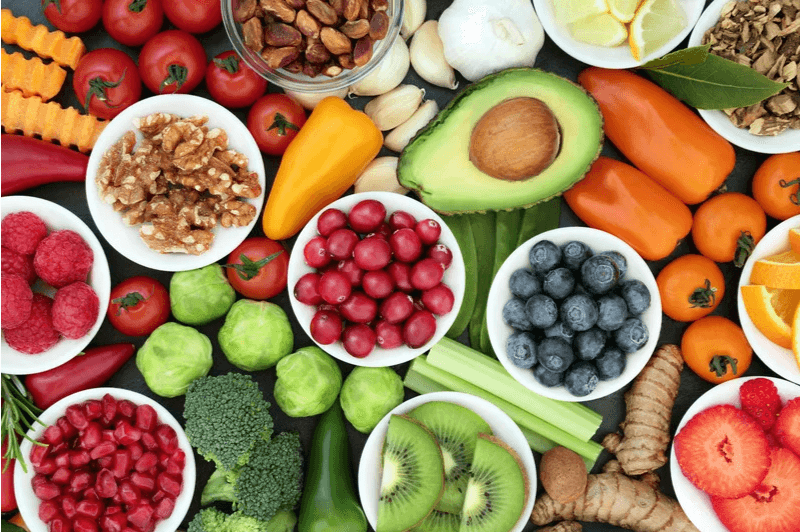Breastfeeding is a crucial part of a baby’s development, providing essential nutrition and strengthening the bond between mother and child. Many mothers worry about breast milk production and seek ways to increase it. Diet can play a significant role in this process. This article explores foods and drinks that can influence breast milk production.
Water and Hydration
Hydration is key for breast milk production. Breastfeeding mothers should drink plenty of water, natural juices, and other healthy fluids to stay well-hydrated.
Oats
Oats are often recommended for breastfeeding mothers due to their properties that can help increase milk production. They are rich in iron, which is beneficial as iron deficiency can lead to a decrease in milk production.
Garlic
Garlic has been associated with an increase in breast milk production. Additionally, it can alter the taste of the milk, which may help the baby nurse longer and, consequently, stimulate milk production.
Carrots
Rich in beta-carotene and vitamin A, carrots are great for lactation. They can be eaten raw, cooked, or as juice.
Dark Green Leafy Vegetables
Vegetables such as spinach, kale, and broccoli are rich in calcium, iron, and folic acid, all essential for breast milk production.
Sesame Seeds
Sesame seeds are an excellent source of calcium, vital for milk production. They can be easily incorporated into the diet in salads or as part of other dishes.
Grains and Legumes
Beans, lentils, and other grains are good sources of protein and iron, which are crucial for breast milk production.
Fruits
Fruits like papaya, avocado, and berries are rich in vitamins and antioxidants, beneficial for overall health and can aid in milk production.
Nuts and Seeds
Nuts and seeds, especially chia and flax seeds, are rich in omega-3 fatty acids, important for the baby’s brain development and can help increase milk production.
Foods to Avoid
Some mothers may notice a decrease in milk production when consuming certain foods or drinks, such as caffeine, alcohol, mint, and sage. It’s important to observe how your body reacts to different foods and adjust your diet as needed.
Conclusion
Diet can play a significant role in breast milk production. Consuming a balanced diet rich in fruits, vegetables, whole grains, and proteins, along with staying well-hydrated, can help support breast milk production. However, it’s important to remember that each woman is unique, and what works for one may not work for another.
Disclaimer
The information presented in this article is purely informative and intended to provide general guidelines on foods and drinks that can influence breast milk production. This article is not intended to replace professional guidance, diagnosis, or treatment. If you have questions or concerns about breastfeeding or breast milk production, it is essential to seek the guidance of a health professional or a lactation consultant. No information in this article can replace the knowledge and judgment of a health professional.
